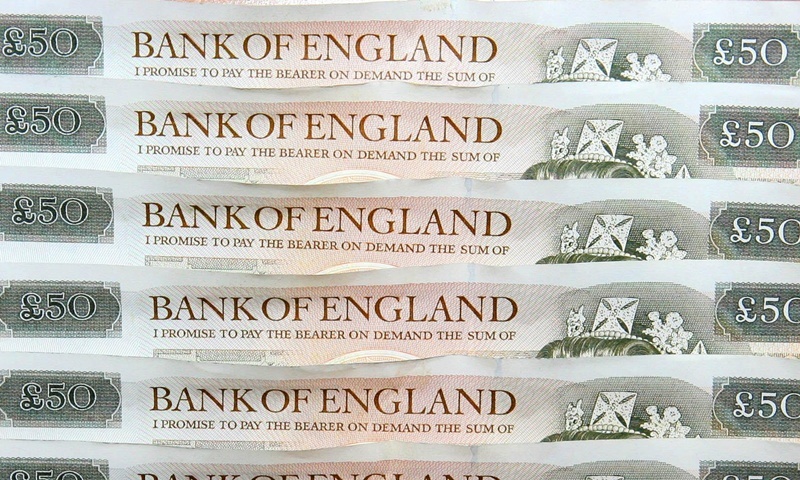Times are tough, families are watching the pennies, everywhere people are tightening their belts.
What a great time to give politicians a whopping great pay rise.
No, this is not a joke.
The Independent Parliamentary Standards Authority (IPSA), which looks after MPs’ pay and expenses, has been taking a long hard look at their salaries and is expected to report soon.
The buzz in the bars and corridors at Westminster is that they are going to recommend an eye-watering pay rise.
MPs could be set for a cool £10,000 extra in the wage packets, taking their basic salary to almost £76,000 a year nearly triple the average national wage of £26,500.
And because our elected representatives at Holyrood have their salaries linked to those of their counterparts at Westminster, MSPs are in for a massive wage hike too. Their basic salary could go up from £58,678 a year to £75,221.
For the first few years of the Scottish Parliament MSPs voted themselves a pay rise. But by 2002 they had had enough of being vilified as lazy fat cats with their noses in the trough lining their own pockets, and decided to link their salaries to those of their colleagues in the House of Commons.
Of course, they could sever that link and decide not to increase their wages at all. I’ll bet they don’t.
As they say at Holyrood: “It wasnee me, a big boy did it and ran away!”
The recommendations of IPSA when they are known probably sometime next month will provoke fury among the public.
The idea of already well paid people being given enormous pay rises for doing the same job at a time when millions are struggling to make ends meet will be seen by many as disgusting.
But there is something we can do about it.
Although the pay rise is expected to be recommended soon, it will not come into effect until after the 2015 general election. In other words, every MP will have to be elected or re-elected to get the cash.
So if we only vote for those candidates who reject the pay rise and who pledge to keep their salary in line with inflation, then there will be no bumper pay deal for MPs.
And why stop there? Why not only vote in MPs or MSPs who promise only to take the national average wage? After all, they say they don”t do it for the money.
We are the voters. We have the power.
